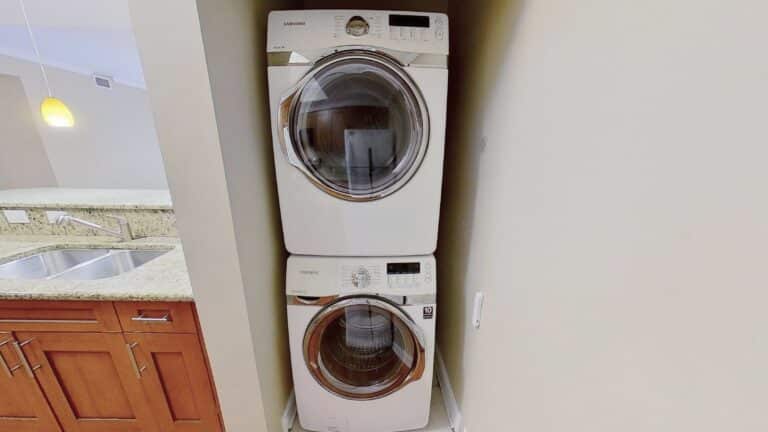What Qualifies For Capital Gains?
The capital gains tax rate varies depending on the type of asset. Here are the current capital gains tax rates for different types of assets:
- Stocks, bonds, and mutual funds: The capital gains tax rate for stocks, bonds, and mutual funds held for more than a year is 0%, 15%, or 20%, depending on your income level. If held for less than a year, gains are taxed at your ordinary income tax rate.
- Real estate: The capital gains tax rate for real estate held for more than a year is 0%, 15%, or 20%, depending on your income level. If held for less than a year, gains are taxed at your ordinary income tax rate.
- Collectibles: The capital gains tax rate for collectibles held for more than a year is 28%. If held for less than a year, gains are taxed at your ordinary income tax rate.

Capital Gains Tax Exemptions and Deductions
There are several exemptions and deductions available that can help reduce your capital gains tax liability. Here are some of the most common:
- Primary residence exemption: If you sell your primary residence and have lived in the home for at least two of the past five years, you can exclude up to $250,000 of capital gains if you’re single or up to $500,000 if you’re married filing jointly.
- Charitable donations: If you donate appreciated assets to a qualified charity, you can deduct the fair market value of the asset from your taxes.
- Losses: If you have capital losses, you can use them to offset capital gains. If your losses exceed your gains, you can deduct up to $3,000 of the excess loss from your ordinary income and carry forward any remaining losses to future tax years.

What is Cap Rate?
Are you using Cap Rate to determine the potential return on your investment property?
Capital Gains Tax on the Sale of a House
The sale of a house is one of the most common types of transactions subject to capital gains tax. However, as we mentioned earlier, there is a primary residence exemption that can help reduce or eliminate your tax liability.
To qualify for the primary residence exemption, you must have owned and lived in the home as your primary residence for at least two of the past five years. You can exclude up to $250,000 of capital gains if you’re single or up to $500,000 if you’re married and filing jointly.
If you don’t meet the requirements for the primary residence exemption, you will have to pay capital gains tax on the profit made from the sale of your home. The tax rate will depend on how long you’ve owned the home and your income level.
Capital Gains Tax and Investment Properties
Investment properties are subject to capital gains tax when sold. However, there are several strategies you can use to minimize your tax liability. Here are some of the most common:
- 1031 exchange: A 1031 exchange allows you to defer paying capital gains tax by reinvesting the proceeds from the sale of one investment property into another.
- Depreciation recapture: If you’ve claimed depreciation on an investment property, you will have to pay depreciation recapture tax when you sell the property. However, you can mitigate the tax liability by doing a 1031 exchange.
- Capital improvements: Any capital improvements you make to an investment property can be added to the cost basis, which will reduce your capital gains tax liability when you sell the property.

1031 Exchange
A landlords best friend when selling their investment property.
Using a Capital Gains Tax Calculator
A capital gains tax calculator can help you estimate how much tax you’ll owe on the sale of an asset. To use a capital gains tax calculator, you’ll need to input the purchase price, selling price, and holding period of the asset. The calculator will then estimate your tax liability based on the current capital gains tax rates.
Strategies for Minimizing Capital Gains Tax
There are several strategies you can use to minimize your capital gains tax liability. Here are some of the most common:
- Hold assets for longer than a year to qualify for the lower long-term capital gains tax rate.
- Use tax-loss harvesting to offset gains with losses.
- Donate appreciated assets to charity to receive a tax deduction.
- Do a 1031 exchange to defer paying capital gains tax.
- Invest in tax-advantaged accounts, such as a 401(k) or IRA.
Keep Your Low-Interest Rate and Avoid Capital Gains by Using Your Home as a Rental Property
Using your home as a rental property can be a great way to generate income and build wealth. By renting out your home, you can generate rental income that can be used to pay down your mortgage or supplement your income. Additionally, you can take advantage of several tax benefits that come with owning rental property.
One of the biggest benefits of using your home as a rental property is that you can avoid paying capital gains tax on the sale of the property. If you’ve lived in the home as your primary residence for at least two of the past five years, you can exclude up to $250,000 of capital gains if you’re single or up to $500,000 if you’re married filing jointly.
Should I Sell or Rent My Home??
Keep your low interest rate and avoid capital gains!

Tax Benefits of Using Your Home as a Rental Investment
In addition to avoiding capital gains tax, using your home as a rental property comes with several tax benefits. Here are some of the most common:
- Depreciation: You can claim depreciation on the property, which can help reduce your tax liability.
- Deductible expenses: You can deduct expenses related to the rental property, such as maintenance, repairs, and property management fees.
- Passive loss deduction: If you have a net loss on your rental property, you may be able to deduct up to $25,000 of the loss from your ordinary income.
Common Misconceptions About Capital Gains Tax
There are several common misconceptions about capital gains tax that investors should be aware of. Here are some of the most common:
- You only pay capital gains tax on the profit made from the sale of an asset, not the entire sale price.
- The capital gains tax rate is not fixed and varies depending on the type of asset and how long you’ve held it.
- You can offset capital gains with capital losses.
- You may be able to avoid paying capital gains tax by using your home as a rental property.
The Importance of Understanding Capital Gains for Investors
Capital gains tax is an important concept for investors to understand. By knowing how it’s calculated, the tax rates for different types of assets, and the exemptions and deductions available, you can minimize your tax liability and maximize your investment returns. Whether you’re selling stocks, real estate, or collectibles, it’s important to factor in the impact of capital gains tax when making investment decisions. By following the strategies outlined in this guide, you can minimize your tax liability and keep more of your hard-earned money.










